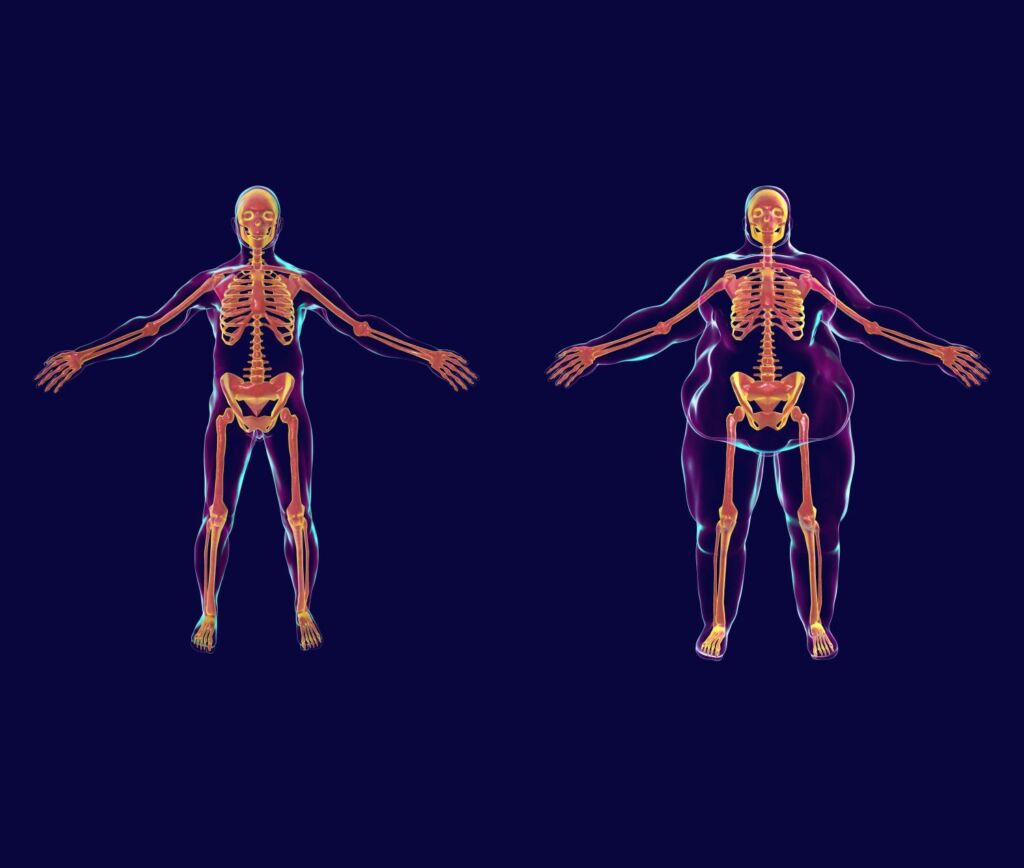"Biohackers" are striving for the human 2.0, the optimized body and mind. Their methods range from lifestyle changes to experiments with their own DNA. A trend with risks.
More beautiful, healthier, more efficient: so-called “biohackers” set themselves the goal of optimizing their bodies – by modifying their organisms with chemical, technical or biological means. Cases of amateur biologists who carried out genetic experiments on their own bodies, for example to promote muscle growth or cure hereditary diseases, were made public. Other do-it-yourself researchers implant themselves with microchips, magnets or even antennas.
By no means all “biohackers” go this far. Most are content to apply the lever to their lifestyle in order to become an optimized self. However, doctors are also skeptical about such less drastic forms of “biohacking”. Because ultimately the goal is the same as with the garage biologists: to become a kind of superhuman.
“Lifestyle biohackers” try to optimize their everyday lives: from nutrition and exercise to concentration and learning ability, relaxation and sleep. Professor Claudia Witt, Director of the Institute of Complementary and Integrative Medicine at the University Hospital Zurich (USZ), does not fundamentally question the medical sense of many of the routines propagated. “It has long been known that meditation, sleep hygiene and exercise are important for health,” she says. She is concerned about the all-encompassing system of strict behavior to which “lifestyle biohackers” subject themselves. “If you constantly subject yourself to routines, deadlines and rules, this can lead to stress. The pressure to optimize yourself could ultimately even be detrimental to your health,” she says.
Witt also considers it problematic that superfoods and herbal supplements are offered on the scene websites, the effects of which have not been scientifically proven. There is often a marketing machine behind the “biohacking” websites. In addition to instructions for everyday life, it also offers herbal and chemical supplements as well as tracking products with which the “biohackers” can constantly monitor their progress.
Eating disorders are a common consequence
Lifestyle biohackers” often also focus on eating behavior. Intermittent fasting, for example, is widely used. Eating is only done within a time window of eight or fewer hours a day – otherwise fasting takes place. “We see a lot of young people on crazy diets,” says Professor Gabriella Milos, Head Physician at the Clinic for Consultative Psychiatry and Psychosomatics at the USZ. They would often strive for a body with lots of muscle and as little fat as possible. “But fat is not ballast, it is also important for the metabolism,” says Milos.
As a result of such malnutrition, many sufferers would develop an eating disorder such as anorexia, bulimia or binge eating. Milos therefore also considers the trend towards self-optimization to be dangerous. “It doesn’t make you happier and often leads to psychological compulsions and disordered eating behavior.” She considers prevention to be a social responsibility. After all, the causes lie in the world we live in. “Young people used to compare themselves within their school class. Today, they do this with the whole world via social media such as Instagram.” It is therefore important to help young people develop a healthy self-esteem at an early age that is not dependent on outward appearances.
If you want to make your everyday life healthier under medical guidance, there are also more moderate alternatives to the “biohacking” trend. As part of “Mind Body Medicine”, Professor Claudia Witt and her team have launched a website with tips and tricks for a healthy lifestyle.
To the Mind Body Medicine website



